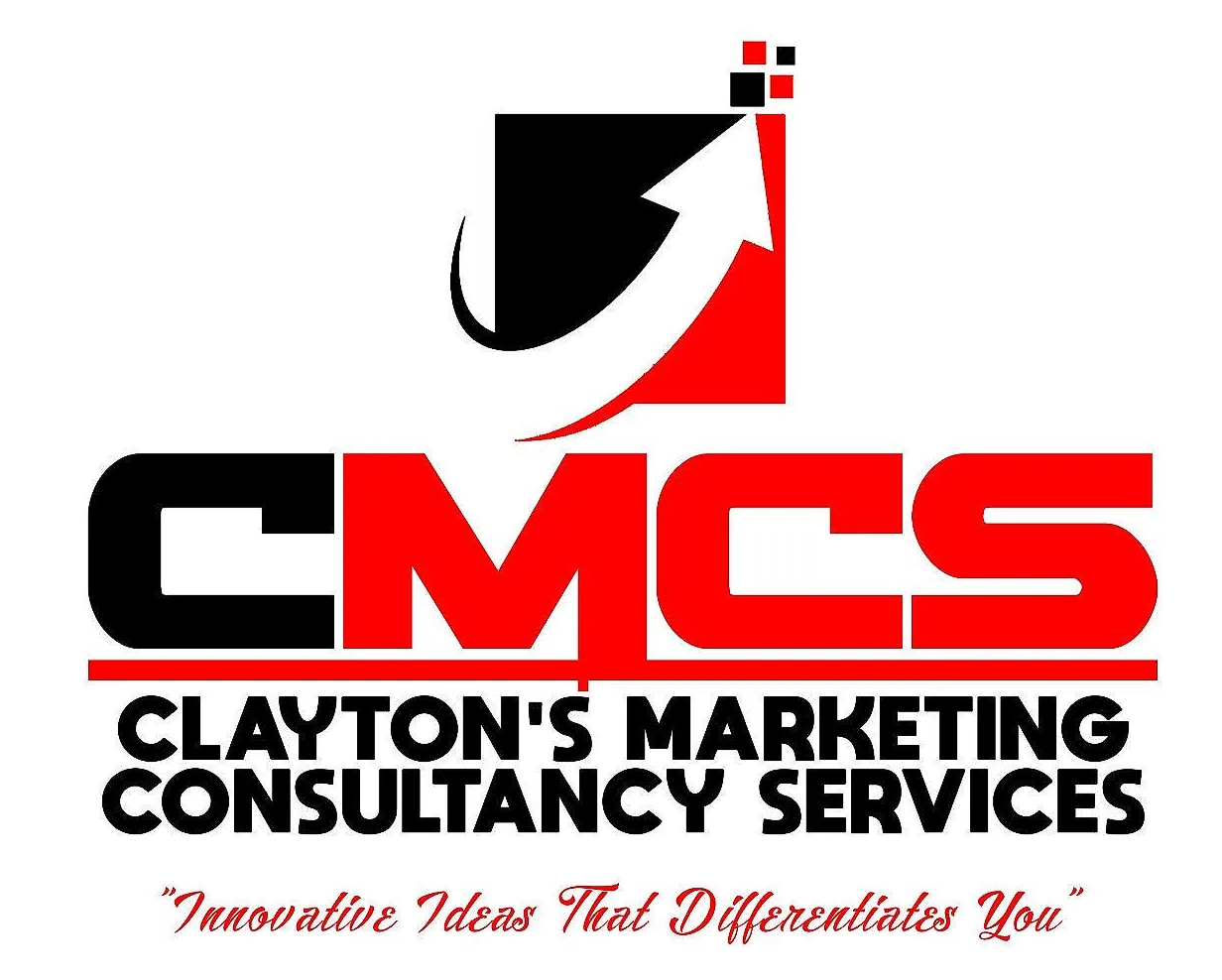How to Optimize Your Website for SEO throughout 2024

Search engine optimization (SEO) continues to be a crucial aspect of digital marketing, evolving with new trends and technologies each year. As we move forward throughout 2024 and beyond, optimizing your website for SEO requires a strategic approach that incorporates the latest best practices and focuses on delivering a superior user experience. In this blog post, we'll explore key strategies to optimize your website for SEO throughout 2024.
1. Prioritize User Experience (UX)
Google's emphasis on user experience has grown significantly, with metrics like Core Web Vitals becoming essential ranking factors. To optimize for UX:
Improve Page Load Speed: Ensure your site loads quickly on both desktop and mobile devices. Use tools like Google PageSpeed Insights to identify and fix performance issues.
Mobile Optimization: With the majority of searches now conducted on mobile devices, having a responsive design is critical. Ensure your site is mobile-friendly and offers a seamless experience across all devices.
Intuitive Navigation: Simplify your website's navigation to help users find information easily. A well-structured site not only enhances UX but also helps search engines crawl your pages more effectively.
2. Focus on High-Quality Content
Content remains king in SEO. To rank well for the remainder of 2024, your content must be relevant, informative, and engaging:
Create Long-Form Content: In-depth articles that thoroughly cover a topic tend to rank higher. Aim for comprehensive posts that answer user queries and provide valuable insights.
Use Structured Data: Implement schema markup to help search engines understand your content better and enhance your search result listings with rich snippets.
E-A-T Principles: Emphasize Expertise, Authoritativeness, and Trustworthiness in your content. Showcase your expertise through well-researched articles, and build authority by earning backlinks from reputable sources.
3. Optimize for Voice Search
With the growing use of voice-activated devices, optimizing for voice search is becoming increasingly important:
Natural Language Keywords: Incorporate conversational keywords and phrases that people are likely to use when speaking, rather than typing.
Answer Questions: Create content that directly answers common questions related to your industry. Use FAQs and headings that reflect natural speech patterns.
4. Optimize for Local SEO
Local SEO remains critical for businesses targeting local customers:
Google My Business (GMB): Ensure your GMB listing is complete and up-to-date. Encourage satisfied customers to leave reviews.
Local Keywords: Incorporate local keywords into your content and meta tags. Use phrases that include your city or region.
NAP Consistency: Ensure your Name, Address, and Phone number (NAP) are consistent across all online directories and your website.
5. Enhance Technical SEO
Technical SEO lays the foundation for a well-optimized website:
Secure Website: Implement HTTPS to secure your website. Security is a ranking factor and builds trust with your audience.
XML Sitemaps and Robots.txt: Ensure your XML sitemap is up-to-date and properly submitted to search engines. Use the robots.txt file to manage how search engines crawl your site.
Canonical Tags: Use canonical tags to prevent duplicate content issues and consolidate link equity.
6. Utilize Video Content
Video content is highly engaging and can boost your SEO efforts:
Optimize Videos: Use descriptive titles, tags, and descriptions for your videos. Include relevant keywords to improve visibility.
Transcriptions: Provide transcriptions of your video content to enhance accessibility and improve search engine indexing.
7. Monitor and Analyze Performance
Regularly monitoring and analyzing your SEO performance is crucial for ongoing optimization:
SEO Tools: Use tools like Google Analytics, Google Search Console, and third-party SEO platforms to track your website's performance.
KPIs: Monitor key performance indicators (KPIs) such as organic traffic, bounce rate, average session duration, and conversion rates.
Regular Audits: Conduct regular SEO audits to identify and fix any issues that could affect your rankings.
Optimizing your website for SEO throughout 2024 requires a holistic approach that combines user experience, high-quality content, technical excellence, and the latest technological advancements. By staying up-to-date with SEO best practices and continuously refining your strategies, you can improve your search engine rankings, drive more organic traffic, and achieve greater online visibility. Embrace these strategies to stay ahead of the competition and ensure your website thrives in the ever-evolving digital landscape.
Did you find this marketing blog post helpful?
If so, please consider sharing it, tag us and let us know your biggest takeaways.










All Rights Reserved l Clayton's Marketing Consultancy Services
All Rights Reserved | Clayton's Marketing Consultancy Services

